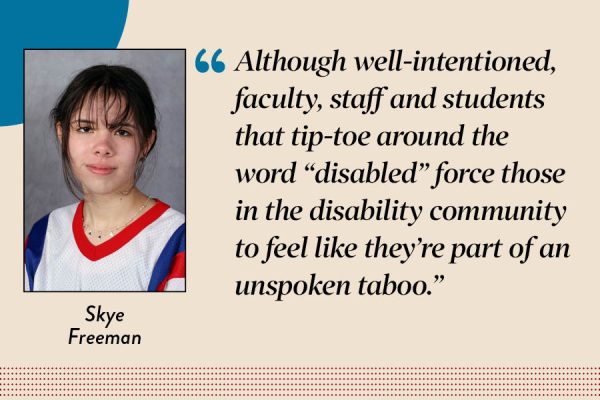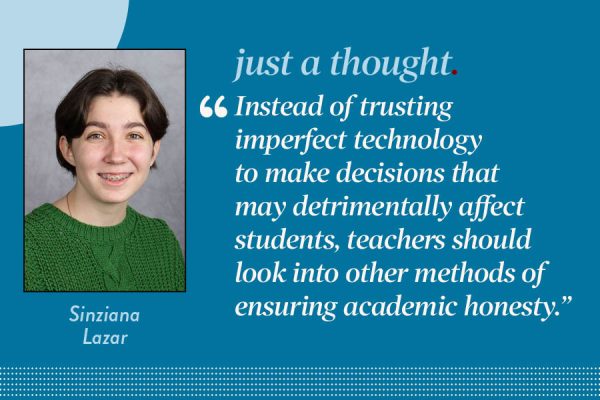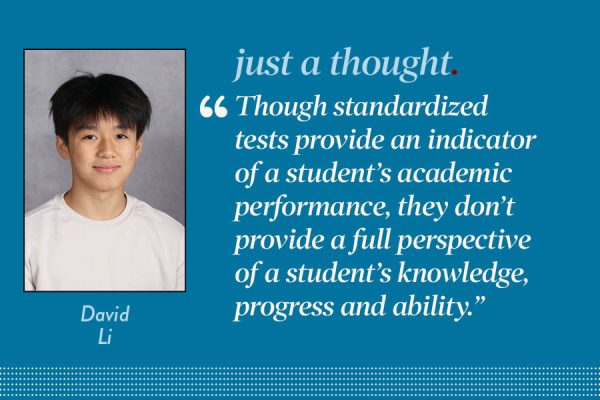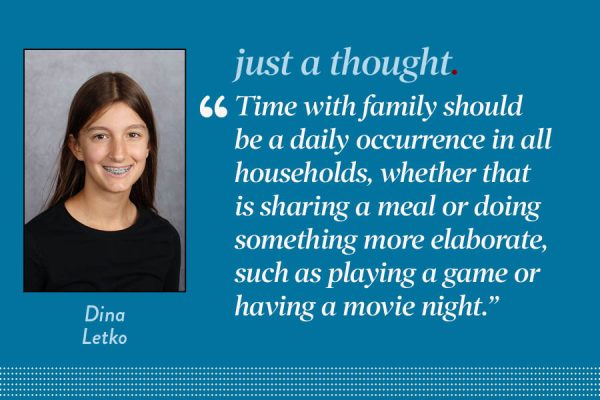Making use of their ‘seat at the table’
Artwork by Amber Huo
In almost every facet of life at Lab, student voice prevails. From matters of school-wide policy initiatives to graduation planning, students often strive to influence administrators and to affect the big-picture ideologies within our community. However, in terms of diversity, students have become obsolete in policy making.
With a vacancy in the administrative position of diversity, equity and inclusion coordinator, Lab students no longer have as much influence on the highest level of policy making at Lab. Although there is not an administrator devoted to coordinating these issues, one institution at Lab can be: the Diversity Advisory Council.
Lab’s administration describes the DAC, first created nine years ago, as a group which advocates for diversity, equity and inclusion at Lab. The group provides a platform for strategic work through a collaborative effort of its members representing faculty, staff, administrators, parents, board members — and soon, students.
Lab Schools Director Charlie Abelmann and Director of All-School Programs and Partnerships Nicole Hood lead the committee, which means selected students will have direct access to the highest-ranking administrators. Thus, when selected, student members of the DAC must not waste their opportunity to affect real change within the school.
The process of selecting students should be revised moving forward to ensure that the students serving on the committee represent the student body’s voice and best interests. Through an election held throughout all divisions of the Lab Schools, students would have more stake in the actions of committee members.
Without a replacement for former Diversity, Equity and Inclusion Coordinator Ken Garcia-Gonzalez, the new DAC may have an unclear direction or may have trouble identifying their priorities moving forward. Student representatives must prioritize a focus centered around the community at Lab, with which they host forums and educational workshops for students to learn about diversity issues in our community.
Students want to have the influence and positioning of those on the DAC because of the unique power they have. Participation in the DAC allows students to get a “seat at the table” with more of a say than strictly faculty-run organizations. Students in the DAC should feel as though their voices are valued, rather than just serving on an auxiliary student body that has no power to affect change. Students should have leverage among the school’s administration since they deserve the right to shape their own educational experiences.
Thus far, it seems like the DAC has settled on spending the majority of its time on defining diversity at Lab and discussing internal plans. However, they must move forward on a substantive agenda. If the council is unable to make significant changes to the status of diversity at Lab, then it will become more obsolete in future years.
Issues relating to diversity pervade every aspect of the Lab experience. Moving forward, students, parents and faculty will need to coalesce and find a way to make tangible change.
This editorial represents the opinion of the Midway’s Editorial Board.















